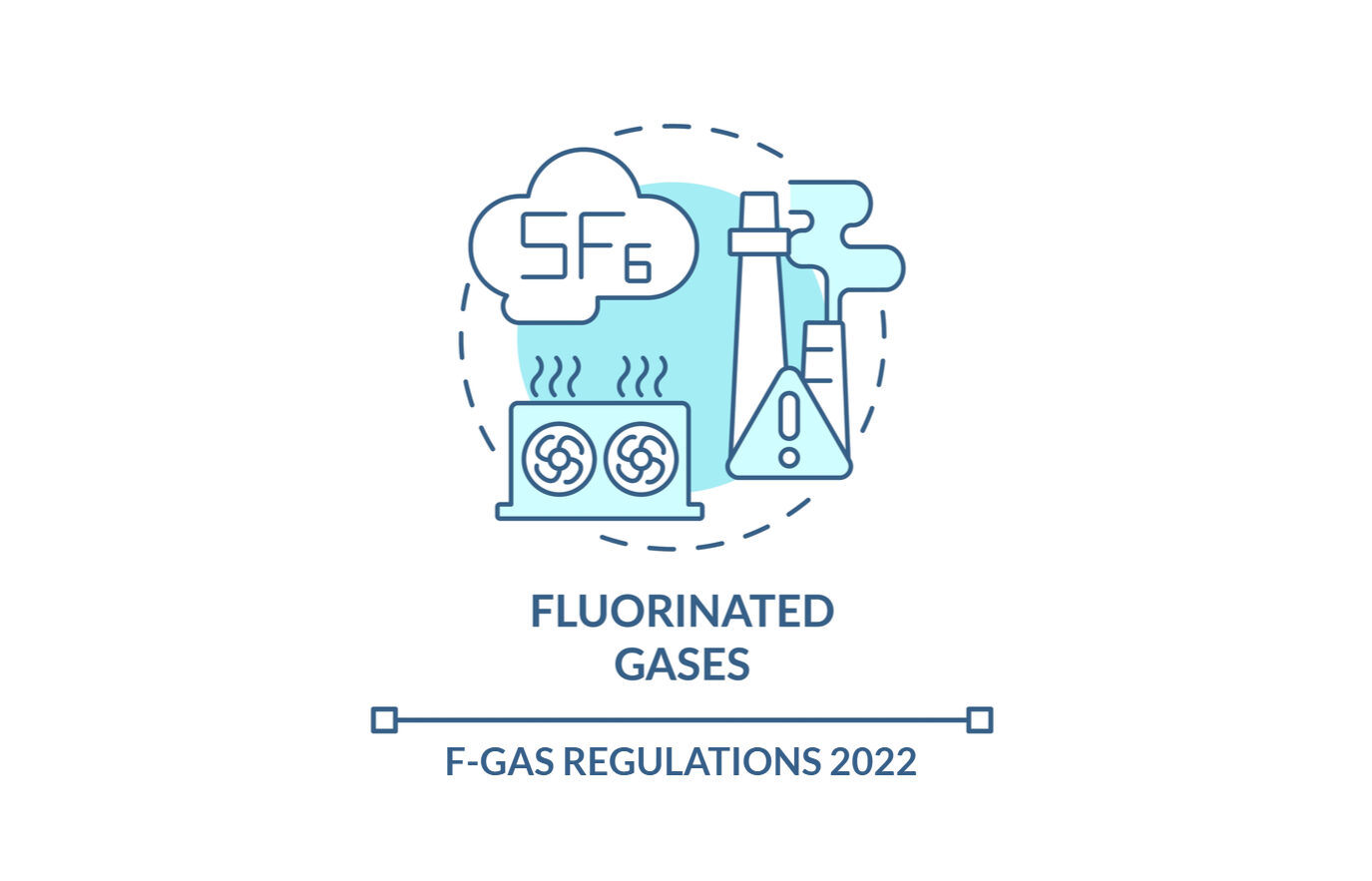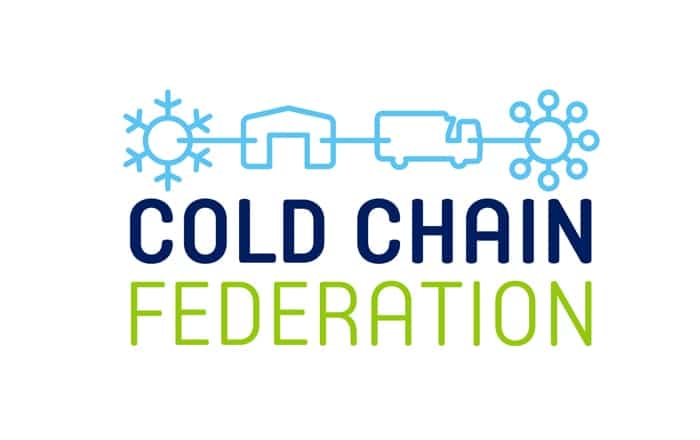Fluorinated gases, or F-gases, are man-made greenhouse gases with thousands of times the polluting power of carbon dioxide. Since these gases contribute significantly to global warming, the EU is regulating their production, usage, and maintenance more strictly than ever.
Though the UK has left the EU, the F-gas regulations still apply. They’re especially important for international businesses who operate in Europe, and for anyone whose work involves F-gases. This includes hydrofluorocarbons (HFCs), perfluorocarbons (PFCs), and sulphur hexafluoride (SF6).
With tighter rules taking effect in 2020, the next step of the gradual F-gas phasedown applies from 1st January 2022. Read on to find out how the increasing F-gas ban could affect you in 2022.
How are the F-gas regulations changing in 2022?
To further the government’s attempts to reduce the use of HFCs by 79% by 2030, it’s no longer legal to sell two types of F-gas refrigeration equipment in Great Britain. This law came into effect on 1st January 2022, and applies to the following:
- ⦿ New refrigerators/freezers (hermetically sealed units) for commercial use containing F-gases with a global warming potential (GWP) of 150 or more
- ⦿ New multipack centralised refrigeration systems for commercial use with a cooling capacity of 40kW or above, containing F-gases with a GWP of 150 or above – except for cascade systems, which allow a GWP of 1500 or less
A centralised system uses one circuit to cool multiple units in parallel, while a cascade system uses one circuit to cool one or more units in series. Both of these changes are likely to affect the sales and commercial usage of refrigerated display cases, freezer cabinets, and chilled storage rooms.
The most common refrigerant that this ban will affect is HFC-134A, with a GWP of 1430. It’s found in industrial mixtures such as R-404A – basically any refrigerant beginning with ‘R-4’ will be affected.
What should I do about the new F-gas regulations?
If you import, manufacture, or sell a refrigerant unit containing an F-gas with a GWP above 150, this is illegal from 1st January 2022. However, you can continue to sell such units if they were already on the market (e.g. the goods cleared customs and/or were produced and made available for purchase in Great Britain before this date). Of course, you’ll need evidence of this in case the relevant authorities need to see it.
For businesses looking to invest in new commercial refrigeration systems in 2022, navigating the ever-changing F-gas regulations can be a concern. It’s important to remember that refrigeration units using HFCs and other F-gases will involve escalating costs due to scarcity and civil penalties for misuse. Whether you need to retrofit an old system or install a new one, it’s best to get ahead of the curve.
Implementing an F-gas compliant system as soon as possible will save you money in the long run, so don’t wait around. If you need assistance with incorporating energy-efficient cooling systems in your business, the expert engineers at Ryan-Jayberg can help. Get in touch with our team today to discuss your ideal commercial refrigeration solution.








